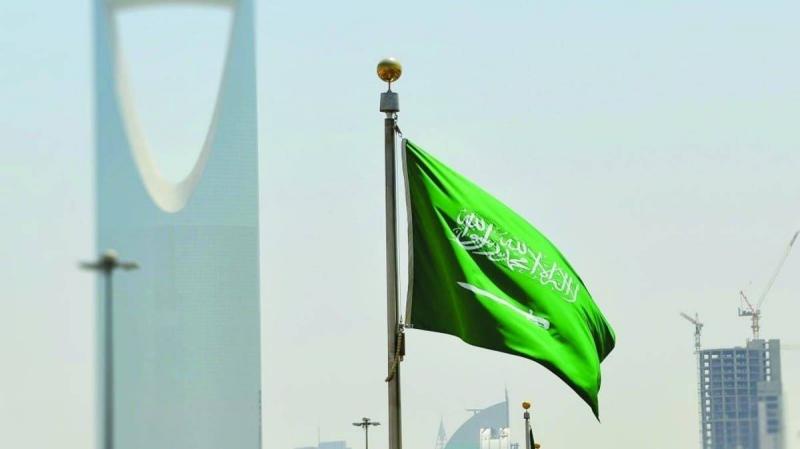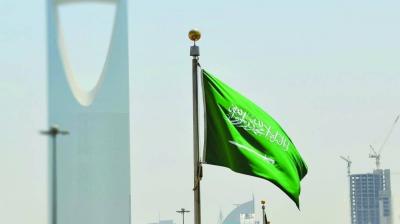Data from Saudi Arabia's budget for the second quarter of 2021, according to a statement from the Ministry of Finance received by "Al Arabiya.net" today, Monday, indicates that the kingdom's quarterly revenues reached 248 billion Riyals compared to expenditures of 252.7 billion Riyals, resulting in a quarterly budget deficit of 4.6 billion Riyals. The figures revealed a 31% growth in non-oil revenues, amounting to 116 billion Riyals in the second quarter. Additionally, oil revenues grew by 13% to 132 billion Riyals in the same period. For the first half of 2021, the total deficit reached 12 billion Riyals, while revenues in the second quarter showed an 85% annual growth.
The budget data also highlighted that Saudi Arabia increased its healthcare spending by 20% in the first half of 2021. Total financing in the second quarter was valued at 21.5 billion Riyals, with financing in the first half summing to 51 billion Riyals. The Ministry of Finance noted that a portion of the total financing remains unused for covering the deficit during the first half of the year and will be utilized to address the budget deficit for the remaining period of the year.
By the end of the second quarter of the current year, Saudi Arabia's public debt rose to 922.8 billion Riyals, compared to approximately 901.36 billion Riyals at the end of the first quarter of the same year, marking an increase of 2.4%. The total domestic debt stood at 535.27 billion Riyals, while external debt reached 387.57 billion Riyals by the end of the period.
In the first quarter, Saudi Arabia had reported quarterly revenues of 205 billion Riyals against expenditures of 212 billion Riyals, leading to a quarterly budget deficit of 7.4 billion Riyals. The deficit in Q1 was entirely financed through borrowing. Oil revenues in the first quarter amounted to 117 billion Riyals, while non-oil revenues were 88 billion Riyals. Thus, oil revenues constituted 57% of total revenues for the first quarter of the current year. With these figures, the kingdom achieved 24% of its projected revenues for 2021 in the first quarter.
Abdullah Al-Hamad, head of advisory at GIB Capital, noted that the notable aspect of the budget is the expected deficit in 2021, projected at 141 billion Riyals, whereas the deficit for the first six months of 2021 did not exceed 12 billion Riyals. This improvement is supported by rising oil prices, but the main enhancement arose from the growth and diversification of income sources. He pointed out that 45% of total revenues in the first half were from non-oil sources.
Al-Hamad indicated that the government continued its public debt program, aimed at both local and global markets, with significant increases of about three times for local borrowing in the first quarter due to a good surplus in the local market, prompting the government to opt for local borrowing. He anticipated that the second half of the current year would outperform the first half, especially since the kingdom voluntarily reduced its oil production by one million barrels per day in the second quarter, and the ongoing distribution of the COVID-19 vaccine both locally and globally would also support performance in the second half.




